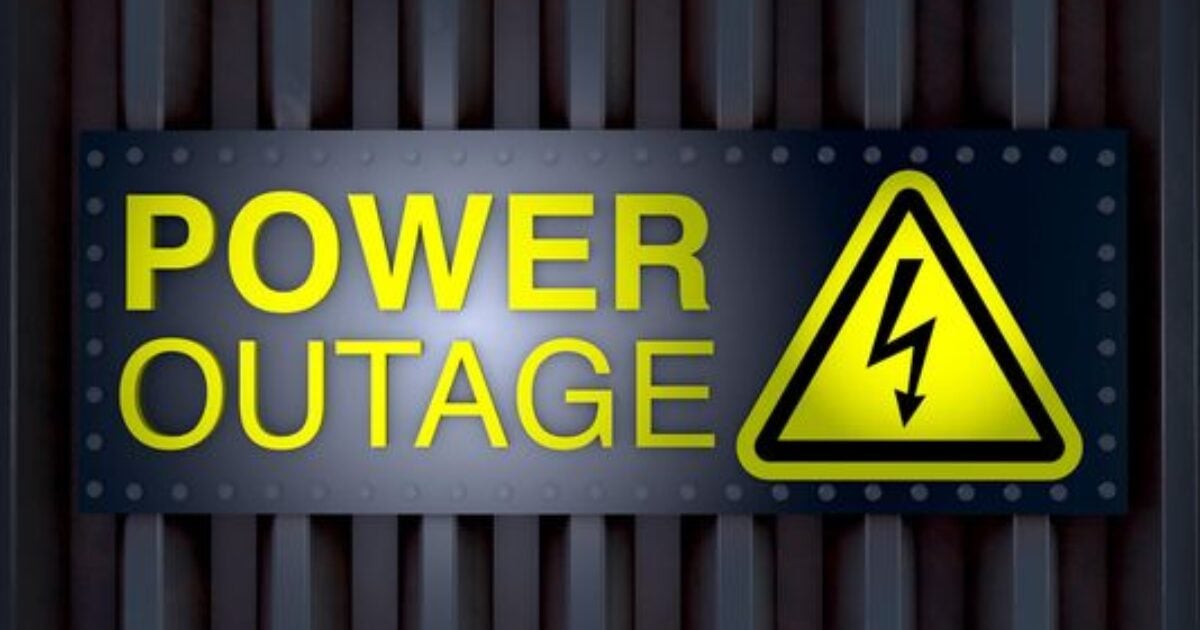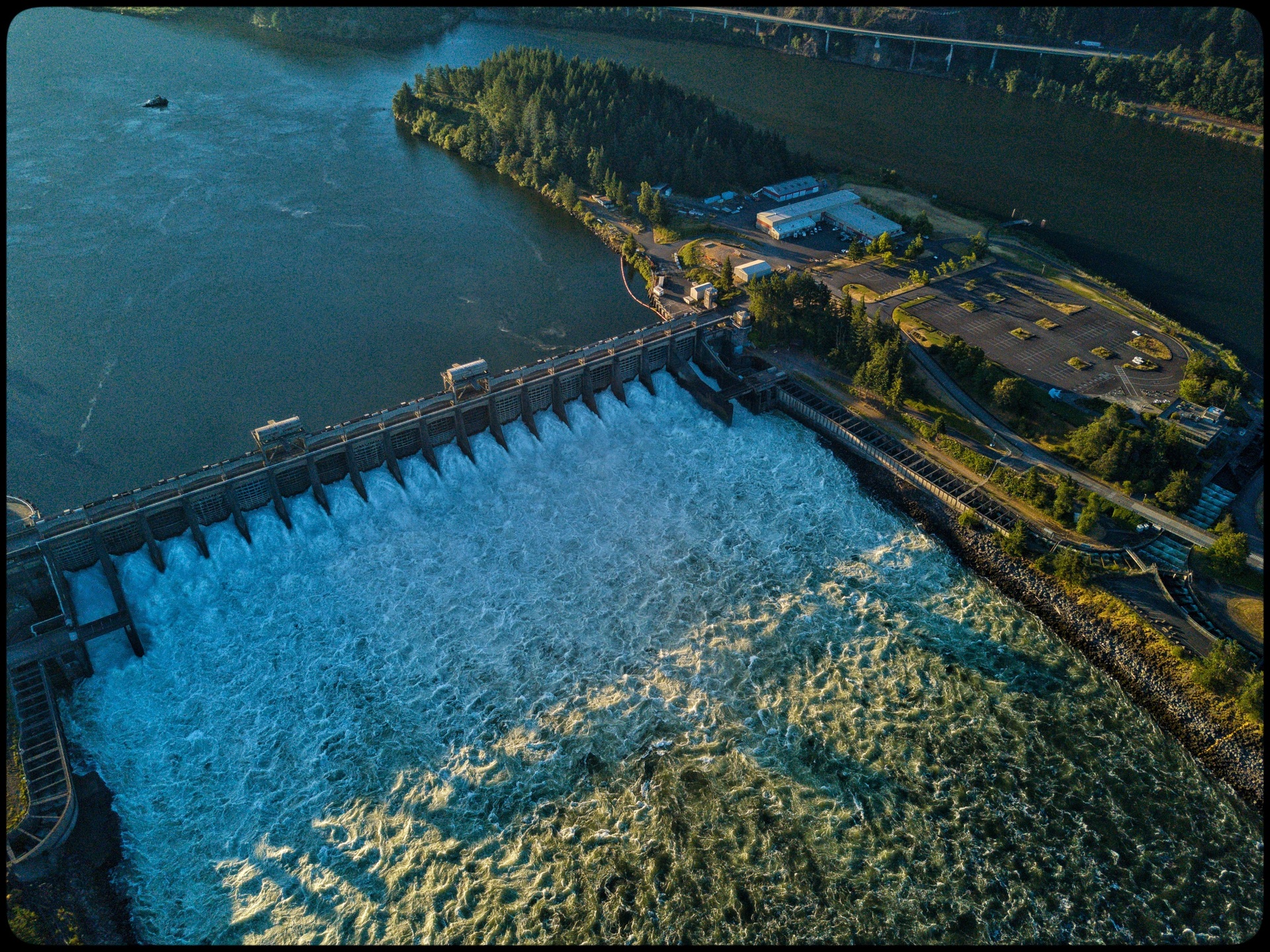Texas power grip operator Electric Reliability Council of Texas (ERCOT) declared an emergency Wednesday night amid late summer scorching temps.
ERCOT manages electric power to more than 26 million Texas customers and represents 90% of the state's electric load, according to the company.
Temps soared into the triple digits in parts of Texas this week once again straining the power grid.
The wind turbines aren't producing enough energy and solar generation goes offline at sunset.
According to ERCOT, factors leading to tight grid conditions include:
- Heat. Continued statewide high temperatures.
- Demand. High demand due to the heat.
- Solar. Solar generation starts to decline earlier in the evening hours before completely going offline at sunset.
- Wind. Wind generation is forecasted to be low this evening during peak demand time.
ERCOT asked customers to take the following steps to cut electricity use:
- Raise thermostats by a degree or two
- Avoid using large appliances i.e., washer/dryer etc
- Turn off and unplug non-essential lights and appliances
- Set pool pumps to run early morning or overnight; shut off during peak hours
- Commercial Businesses: Turn off any lights an office equipment when space not in use
- Commercial Businesses: Turn off air-conditioning outside of business hours
"ERCOT entered emergency operations tonight due to a drop in both operating reserves and frequency. By entering EEA 2, ERCOT was able to utilize additional reserve resources to protect the reliability of the grid. No power outages associated with the ERCOT power grid were necessary. The Weather Watch remains in effect through Sept. 8 due to continued higher temperatures, high demand, and the potential for lower reserves. Thank you to Texas residents and businesses for your conservation efforts." ERCOT said late Wednesday evening.
ERCOT entered emergency operations tonight due to a drop in both operating reserves and frequency. By entering EEA 2, ERCOT was able to utilize additional reserve resources to protect the reliability of the grid. No power outages associated with the ERCOT power grid were…
— ERCOT (@ERCOT_ISO) September 7, 2023
Late last month
ERCOT asked residents to reduce energy usage amid a sweltering heat wave to avoid rolling blackouts.
Texas electricity prices surged 6,000% and are climbing toward the $5,000 price cap, according to data from ERCOT.





